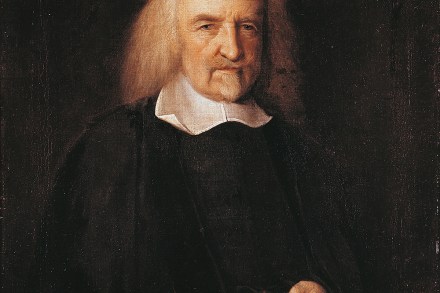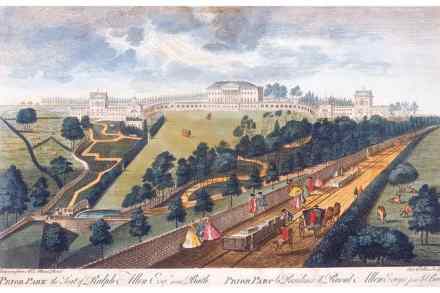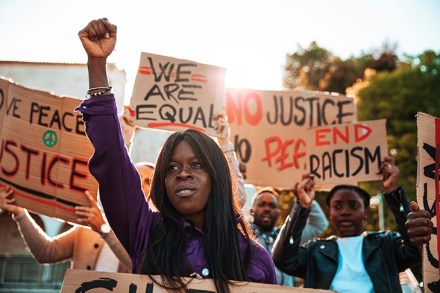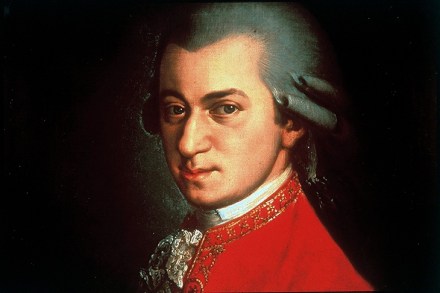Liberty is a loaded word
Just about everyone is for liberty, but we mean different things by it. Far-right libertarians want almost all constraints on their actions removed. They desire free markets, no unions, low taxes, free speech and the freedom to be very rich. The oppressed want freedom from tyranny: in extremis, they want to be free from jail and free to live without the threat of arbitrary arrest and torture. The moderately oppressed want more freedom than they have now, but within the context of a functioning democracy that is more equal, and more supportive, than the kind of society imagined by the right. They make a distinction between liberty and licence (complete




